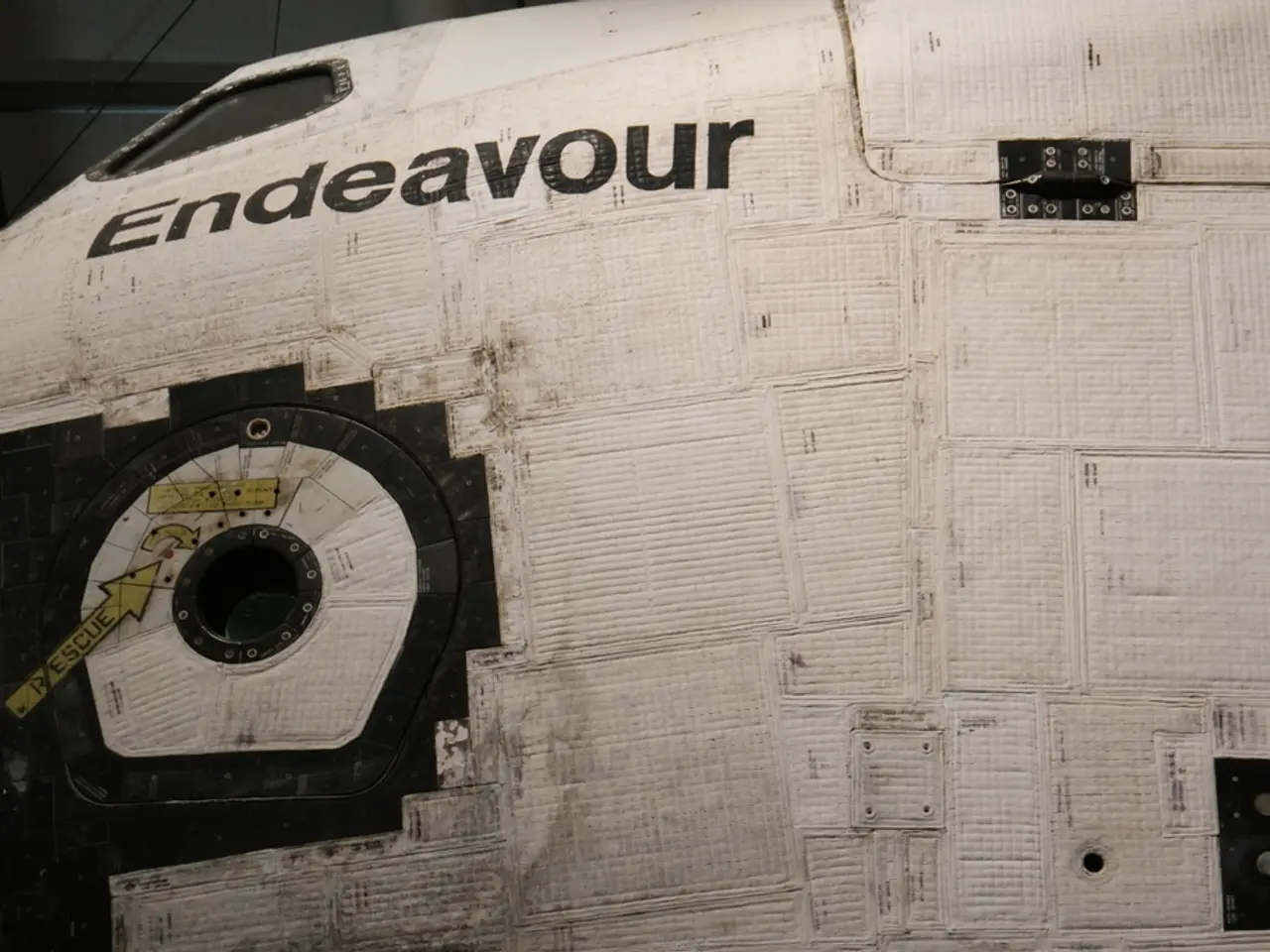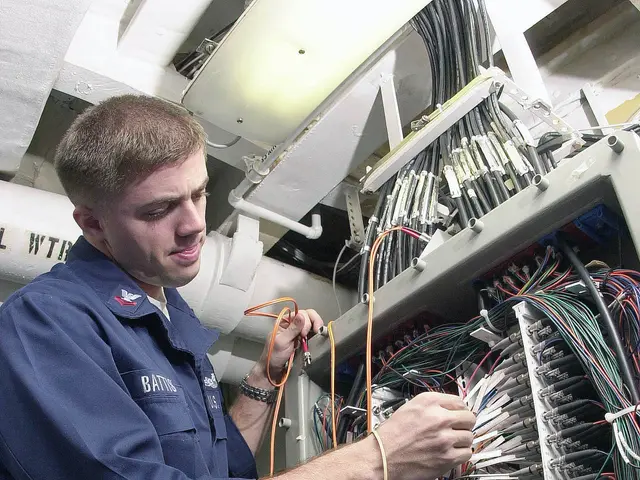Soaring Ahead in Space Discovery: Pioneers Venture into Uncharted Territories
Private space exploration has emerged as a transformative force in the aerospace industry, marking a significant shift from traditional government-led space programs. This evolution began in earnest during the early 2000s, with pioneers like SpaceX and Blue Origin leading the charge.
The increase in market opportunities has bolstered the emergence of private space exploration, with commercial applications such as satellite deployment, space tourism, and potential resource extraction from planets. Government policies have played a critical role in facilitating this shift by promoting public-private partnerships and providing funding opportunities.
Funding issues are critical in the sustainability of private space exploration. Some companies struggle to secure necessary capital for research, development, and operational costs. A diverse funding landscape, which includes government partnerships and private capital, will be essential for companies to navigate economic challenges effectively.
Rapid advancements in technology, including materials, propulsion systems, and data analytics, have made it possible for private companies to develop cost-effective solutions for various space missions. The miniaturization of technology has enabled the development of smaller, more efficient spacecraft that can be operated at lower costs.
Safety concerns are paramount in the private space sector. Companies implement rigorous safety measures and conduct thorough testing to ensure the well-being of their crew and equipment. The future of private space activities will likely emphasize sustainable practices, developing eco-friendly technologies that minimize debris and mitigate the environmental impact of space missions.
Private space missions are essential for data collection and advancing scientific knowledge. These missions focus on specific objectives such as cosmic radiation and microgravity effects on living organisms. The proliferation of private space exploration has resulted in an increased volume of data available to the scientific community, enhancing collaborative efforts and cross-disciplinary research.
SpaceX, founded by Elon Musk in 2002, has made headline news for its reusable rocket technology, particularly the Falcon 9, which has successfully lowered mission expenses and increased launch frequency. Blue Origin, established by Jeff Bezos in 2000, focuses on making space travel more accessible and has achieved several suborbital flights with its New Shepard rocket.
Virgin Galactic, founded by Sir Richard Branson, has focused on space tourism and has successfully completed crewed flights with its SpaceShipTwo vehicle. The future of space tourism looks promising, with advancements in technology and decreasing costs making orbital and suborbital flights more accessible to paying customers.
The landscape of private space exploration has transformed significantly over the past decade due to key government policies and regulatory frameworks. Companies focusing on developing their own crewed spaceflight technology include private aerospace firms such as SpaceX, Blue Origin, and Virgin Galactic, all investing heavily in manned spacecraft development. Additionally, startups like Breunig Aerospace in Germany are innovating in aerospace technologies, though primarily in related fields rather than full crewed space systems.
The environmental impact of space activities is an increasingly important factor. The need to address these concerns through sustainable practices is crucial for ensuring the viability of private space exploration in the long term. The fusion of innovative marketing, high-stakes missions, and robust social media engagement will likely sustain and amplify the public's passion for exploring the final frontier, encouraging a new generation to consider careers in STEM.
The future of private space exploration holds immense promise, with ambitious goals including trips to Mars, asteroid mining, and the burgeoning market of space tourism. The rise of private space exploration has significantly transformed the landscape of scientific research, ushering in new opportunities for collaborative endeavors between private companies and research institutions.
Read also:
- Federal Funding Supports Increase in Family Medicine Residency Program, Focusing on Rural Health Developments
- Potential Role of DHA in Shielding the Brain from Saturated Fats?
- Alternative Gentle Retinoid: Exploring Bakuchiol Salicylate for Sensitive Skin
- Hanoi initiates a trial program for rabies control, along with efforts to facilitate the transition from the dog and cat meat trade industry.








